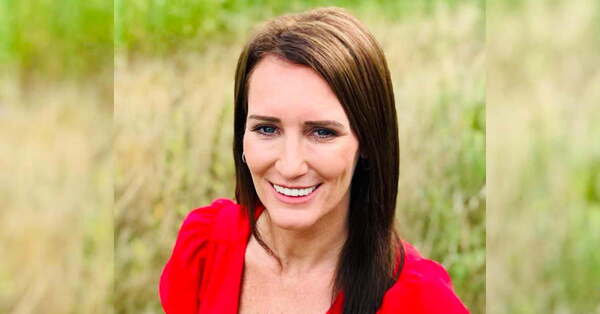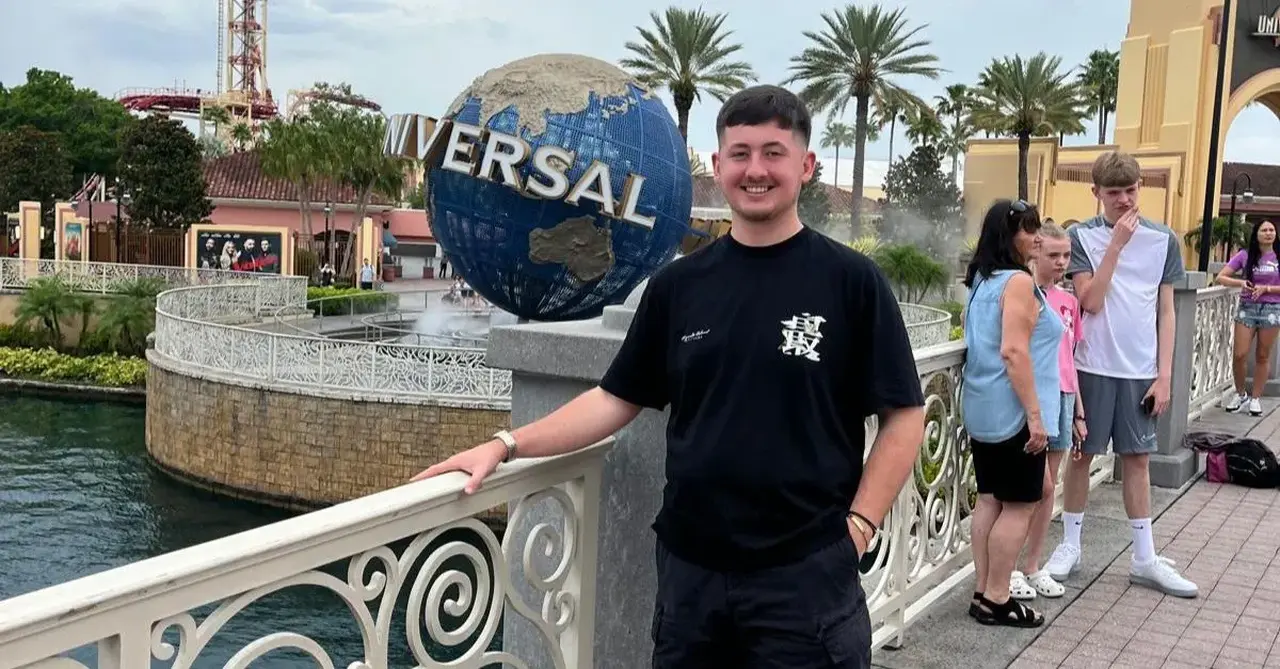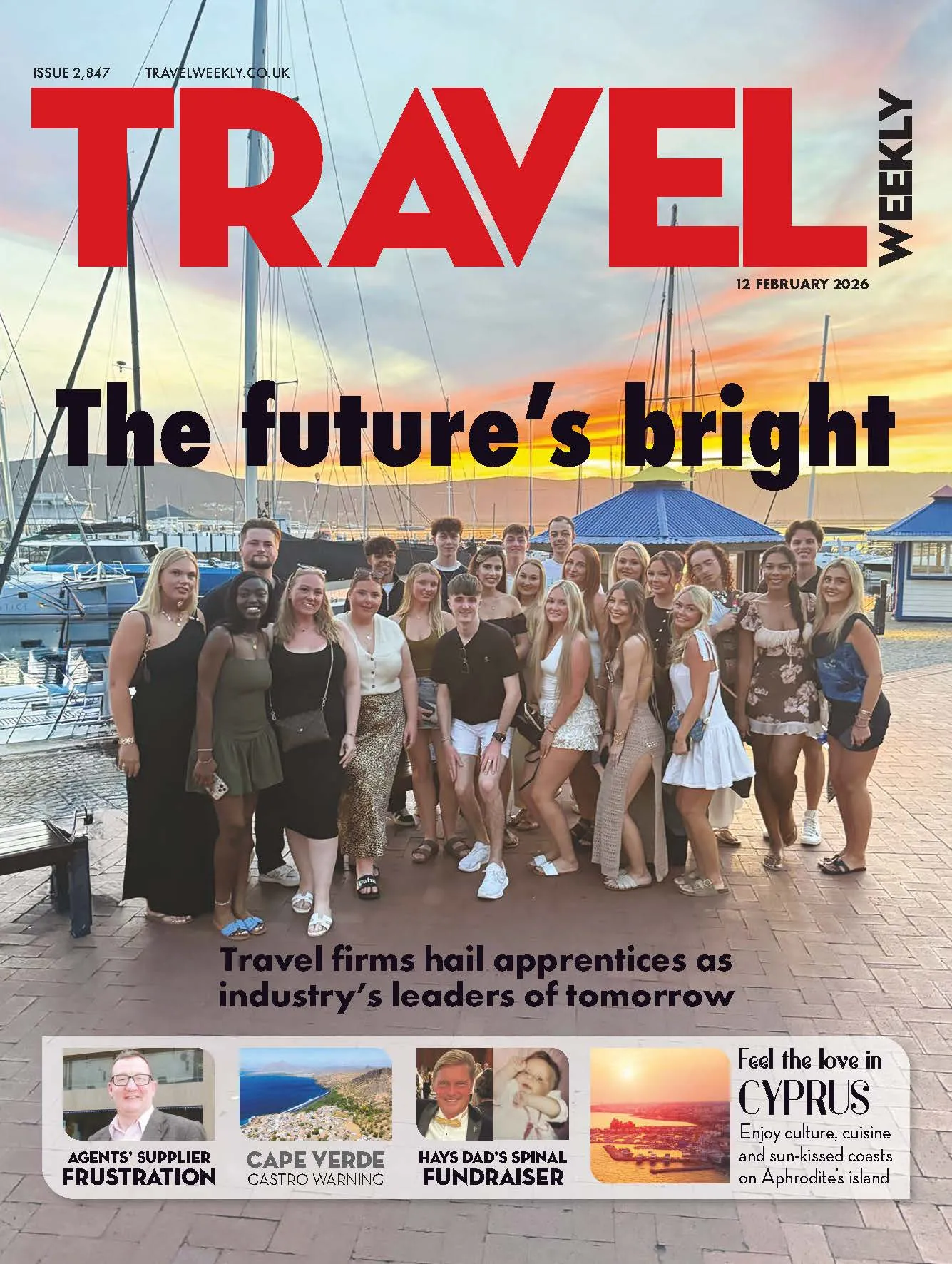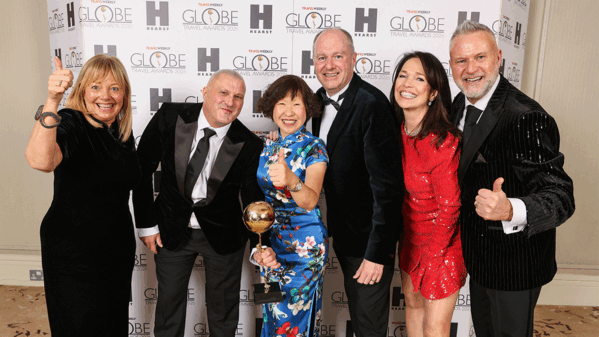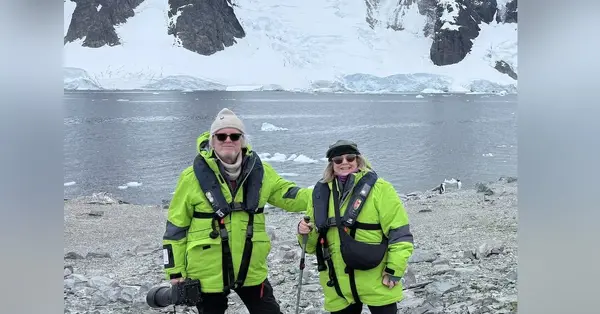You are viewing 1 of your 2 free articles
Lack of change in workplace sees gender pay gap persist
A “disappointing” widening of travel’s gender pay gap could be down to poor representation of females in top roles and lack of change in the workplace, say recruitment experts.
Figures from C&M Travel Recruitment show the average female pay packet was almost 14% less than the male equivalent last year, compared to gaps of 11% in 2023, 11.5% in 2022, 6% in 2021 and 14% in 2019.
This meant women earned an average of £35,245 while men received £40,483 last year.
More: Travel industry’s gender pay gap grows in 2024
However, C&M attributed the gap largely to the wide pay difference for executives at the top of the travel industry.
For roles paying £60,000 or more, with men outearned women by almost 24%, with the average man in this pay bracket taking home £83,227 compared to £65,521 for women.
Barbara Kolosinska, co-owner and managing director at C&M Travel Recruitment, said: “It’s incredibly frustrating that we still need to have this conversation. It’s extremely disheartening that when women reach the £60,000-plus level, there is a very large disparity between how much they can expect to earn compared to how much their male counterparts are likely to take home.
“One of the issues is that many women won’t know that the problem exists – they won’t be aware that their male counterparts are potentially earning much more than them.
“Unfortunately, the glass ceiling still exists, with many companies preferring to give the top jobs to men due to the belief that some women will not give their role complete commitment because of family duties.
“If women feel they are being underpaid – or if they have reason to believe their male equals are being paid more than them – they should have the confidence to approach their employer or HR about it.”
Kristina Wallen, group managing director at Harp Wallen Executive Search & Recruitment, said she had not seen “notable discrepancies, largely because salary banding and benefits are typically defined at the outset of the search”.
“This transparency helps ensure that the remuneration offered to successful candidates is consistent, regardless of gender,” she said.
“Where we have observed potential discrepancies in the past is more within organisations where individuals have progressed through the ranks internally. In these scenarios, particularly where promotions and compensation evolve over time without formal benchmarks, gender-based gaps may be more likely to appear.
“We have also noted some differences historically in how bonuses are awarded – the bonus pay gap or incentive pay disparity.”
Jayne Peirce, founder of Jayne Peirce, said she is seeing “primarily a representation issue rather than a pay disparity at senior levels”.
“For positions paying £75K and above, approximately 60% of candidates are male versus 40% female. However, when comparing candidates at these senior positions, I don’t typically see a gender pay gap – men and women with similar qualifications and experience are offered comparable compensation packages,” she said.
“The challenge appears to be more about the pipeline and representation than about pay discrimination at the point of hire.
“The industry still faces significant challenges in advancing women to these top-tier positions, which is why targeted mentorship, career development, and specialised training initiatives remain crucial.”
“Breaking down the barriers that prevent women from reaching these senior roles should be a priority, even if the pay is equitable once they get there.”
Alessandra Alonso, Women in Travel CIC managing director, warned that diversity and inclusion is “taking a step backwards” – and attributed the gap to the lack of women in top roles.
She said Women in Travel programmes such as LeadHer and male allyship schemes aim to redress the balance – while parental leave should be equally shared.
“Finance, banking and engineering sectors have a problem in attracting women. We don’t have that issue. So why do we allow the women to fall off [the career ladder]?” she asked.
Zina Bencheikh, managing director EMEA at Intrepid Travel, added: “It’s disappointing, but not surprising, to see the gender pay gap has increased at the most senior levels, and that men are still being awarded these roles more often than women.
“With women making 80% of travel decisions, it makes sense that they should be equally represented at the highest levels.
“That’s why at Intrepid, we piloted the LeadHer scheme with Women In Travel in Valencia last year and we recently ran it for a second time in Istanbul.
“It has been incredibly valuable for all the women who have taken part. Three out of ten women in the first group were promoted within a year after joining the programme.”
Elsewhere, the Association of Women Travel Executives runs a male ambassador group to support gender equality and women’s empowerment while fostering an inclusive, accountable, and proactive male allyship.
The main goal is to promote education within companies and drive systemic change through learned understanding.
It also encourages company initiatives such as salary audits, diversity and inclusion policies, training and flexible working arrangements.




